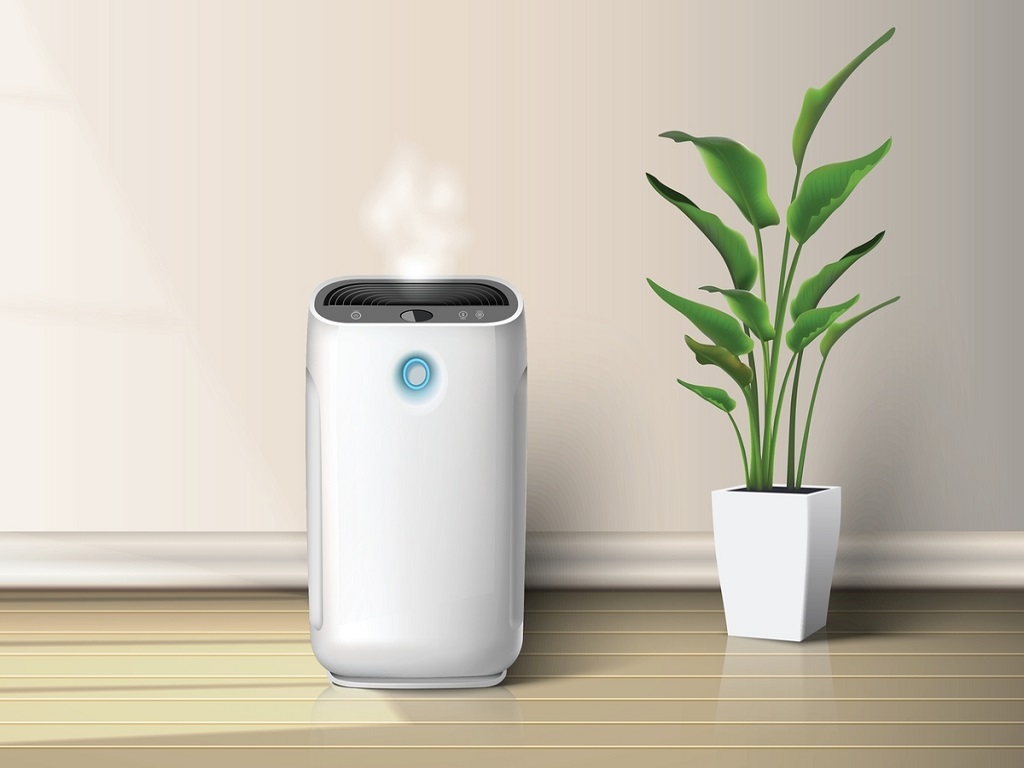Everyone is looking for solutions that are easy to use and don’t require much effort when it comes to allergies. An air purifier can be a convenient means of reducing certain asthma triggers in the air of a home or business. But choosing the right air purifier for allergies and asthma can be quite a challenge. Let’s discuss how to choose the right air purifying solution.
Look for High Efficiency
When choosing an air purifier for allergies and asthma, consider the efficiency of the filter. A high-efficiency filter like a HEPA air purifier with an efficiency rating of at least 99.97% will trap up to 3 out of every 10,000 particles that pass through it. The higher the percentage, the greater the efficiency of trapping particles, and therefore the cleaner the air will be.
Consider the Room Size
Select an air purifier with a proper dust holding capacity depending on the size of the room, the number of people living in it, and other factors that influence the clean air delivery rate. The holding capacity should be enough to replace the air volume in a room two to three times every hour. This will ensure clean air quality stays at the desired level even if the device works in a continuous mode.
Check the Certification
When selecting an air purifier, ensure to purchase one with a certified asthma-friendly filter. These filters meet the stringent guidelines of the Asthma and Allergy Foundation of America (AAFA). Get the most benefit from the filter by replacing it every one to three years.
Find an Ozone-Free Purifier
Some air purifiers use ozone as a way to clean the air. Ozone is a gas that may irritate the respiratory system. Environmental Protection Agency (EPA) research shows that ozone can react with other chemicals in the air to form secondary or harmful pollutants. In fact, it can actually cause particles and other pollutants to become more concentrated.
This means that some ionizing air purifiers may not be as effective as true HEPA filters at removing particles from the air—commonly referred to as “allergens”—such as pollen, pet dander, mold spores, dust, and yard dander. True HEPA filters require permanent filtration media replacement, but there are many other types of permanent cleaning systems too.

